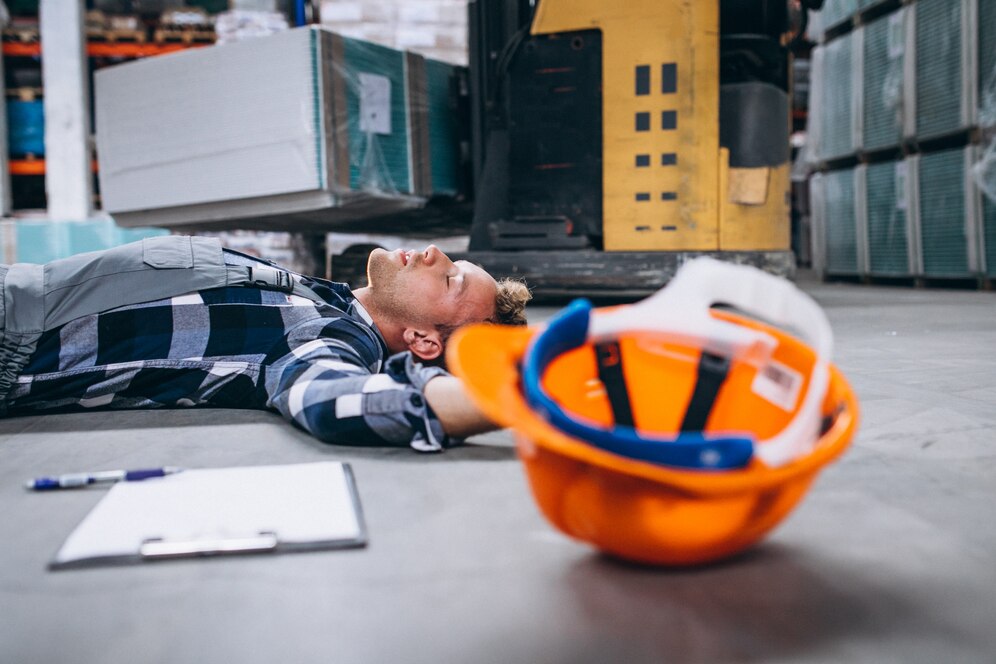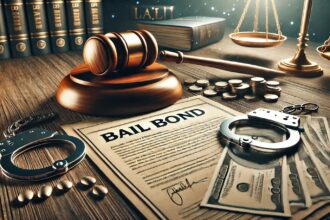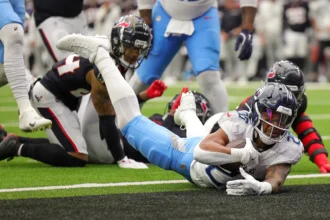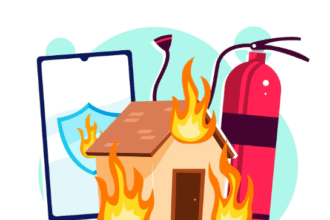Negligence isn’t always caused by reckless behavior. It can also be something as simple as forgetting to shovel your walkway after a snowstorm or failing to repair a broken step at your business personal injury lawyer lewisville texas.
While accidents can happen for many reasons, the law will hold you accountable if your carelessness is what leads to someone else’s injury.
This is why knowing when you could be held liable is important, especially if you own property, have a business, or even frequently invite guests into your home.
From property hazards to employer responsibility, let’s explore different scenarios where you might be found legally responsible for someone else’s injuries.
Understanding Negligence and Legal Liability
Before talking about specific scenarios, it’s important to understand how negligence works from a legal standpoint.
The foundation of any personal injury case rests on four key elements:
- Duty of Care
You have a legal obligation to act in a way that prevents harm to others.
- Breach of Duty
You failed to uphold this obligation, either through action or inaction.
- Causation
Your failure directly caused another person’s injury.
- Damages
The injured person suffered significant losses, such as medical bills or lost income.
Not every accident results in liability, however. For example, if someone trips over their own shoelaces while walking through your store, that’s not your fault. But if they slip on a wet floor that was not marked or cleaned up, you could be held responsible.
It’s also important to know the difference between ordinary negligence and gross negligence. Ordinary negligence is essentially accidental oversight, while gross negligence refers to a reckless disregard for safety.
Courts usually issue harsher penalties for gross negligence, especially if it involves willful ignorance of potential dangers.
Situations Where You Could Be Held Liable
Property Owners and Premises Liability
One of the most common reasons people face negligence claims is unsafe property conditions. If you own a home, business, or rental property, you have a legal obligation to keep it reasonably safe for visitors.
Some accidents that can happen due to negligence are:
- Slip and Fall: If a customer in your store slips on some spilled liquid that was left uncleaned, you can be held liable for their injuries.
- Poor Maintenance: A landlord who ignores broken stairs or faulty wiring can be sued if a tenant gets hurt.
- Attractive Nuisances: Homeowners can also be held responsible if a child wanders onto their property and gets injured due to an unprotected swimming pool or other similar hazards.
New York has strict premises liability laws, and cities like Rochester see their fair share of personal injury claims due to icy sidewalks and hazardous building conditions. If you’re a business owner or a homeowner there, contacting Rochester personal injury lawyers to address these risks is important.
Failing to do so can result in serious legal actions – something many people realize too late.
Employers and Workplace Injuries
Employers are also responsible for maintaining a safe work environment.
If an employee is injured on the job due to a lack of proper training, faulty equipment, or hazardous conditions, the employer may be held liable.
Another major concern is negligent hiring. If a company hires someone with a known history of misconduct or recklessness, and that employee harms a coworker or a customer, the employer could be sued.
Failing to conduct proper background checks is also grounds for a lawsuit.
This is especially relevant in industries where public safety is a concern, such as transportation, healthcare, and construction. Employers are expected to take reasonable precautions to prevent any harm in these industries.
Social Hosts and Personal Responsibility
Even people on private property can face legal trouble for negligence, especially when alcohol is involved.
According to dram shop laws, people who serve alcohol at private parties can be held liable if an intoxicated guest causes harm to others.
For example, if you host a gathering and allow a visibly drunk person to drive home, you could be responsible – at least, partially – if they end up in a car accident.
Parents can also be held accountable for their children’s actions. If a minor is found to be assaulting or vandalizing, the parents would have to bear the financial and legal responsibility.
Negligence doesn’t always involve intentional harm, but failing to act responsibly in these situations can still lead to legal consequences.
Defending Yourself Against Negligence Claims
If you’ve been sued in a personal injury case, there are legal defenses that can help reduce or even eliminate your liability.
Comparative vs. Contributory Negligence
Different states handle fault differently. In most places, a comparative negligence system is used, where compensation is given based on the percentage of each party’s fault.
For example, if someone was injured at your property but they were also texting and not paying attention, the court will decide their fault percentage. If they say the victim was 40% responsible for their own injury, the settlement would also be reduced by 40%.
Contributory negligence, on the other hand, does not allow them to recover damages if the victim is at fault.
Insurance Coverage
Having the right insurance policies can protect you from financial loss.
Homeowners, business owners, and employers should make sure they have enough coverage for:
- Property liability
- Workers’ compensation
- Auto liability
In case of a negligence claim, insurance can cover the legal, medical, and settlement fees, saving you from out-of-pocket financial loss.
Legal Guidance
If you are accused of negligence, the best thing is to seek legal counsel. Experienced representation can help you build a strong defense.
Personal injury attorneys assist property owners, employers, and people in understanding their rights and the legal system. They can handle all the complex processes for you.
Avoiding Legal Pitfalls
Negligence laws are designed to hold people accountable for the damages they could have prevented, but they can also be complicated and nuanced.
You may not think of yourself as someone who could face a lawsuit, but liability often comes in unexpected ways – from an unnoticed spill on the floor to an intoxicated guest leaving your party.
The key takeaway? Awareness and prevention are the best ways to avoid costly legal battles.
Stay informed about your responsibilities, maintain safe conditions, and know when to seek legal help. That’s how you can protect yourself from unexpected liability.
















